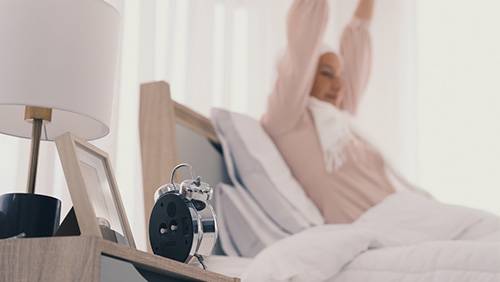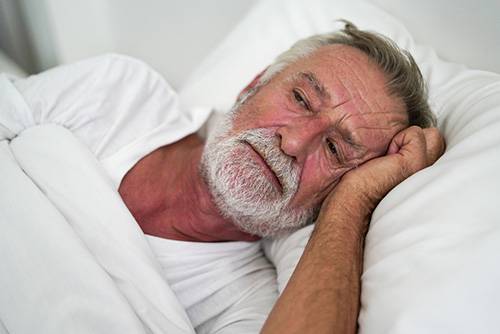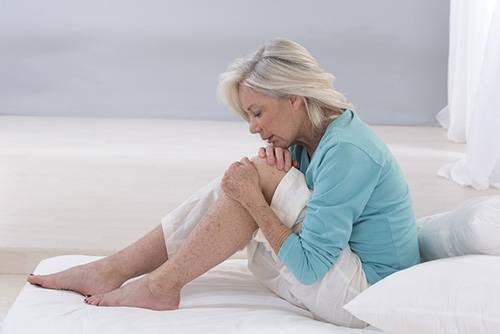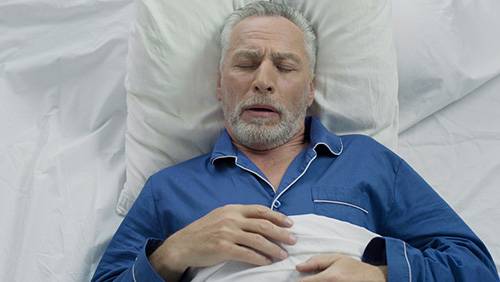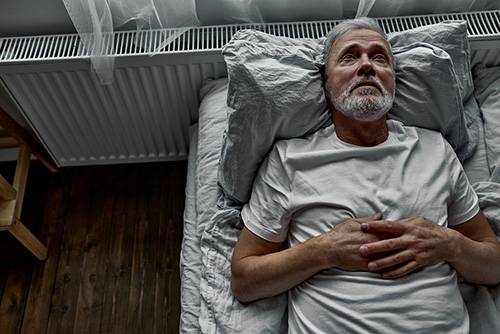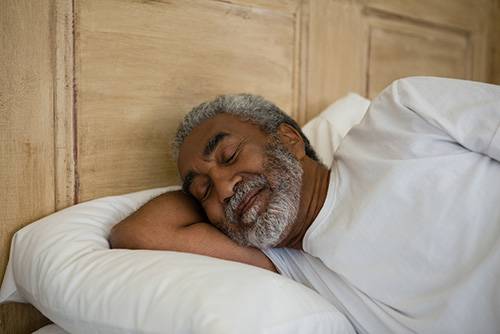
Curious about how much sleep a 70 year old senior needs? And want to know what you can do to improve upon it? Take a look at the information provided below, and begin to work towards a more restful night.
Healthy Sleep For Senior Citizens
Adults of any age require 7 or more hours of uninterrupted sleep each night, averaging close to 8 hours overall. Although there are always exceptions, studies show that this is an ideal amount to allow the body to cycle through 3 to 4 sleep stages completely – allowing both the physical and mental rest a person needs to occur.
Poor sleep, interruptions in the sleep cycle, and a lack of REM sleep can create disruptions to mental and/or physical healing – and can even add up to sleep deprivation issues. All this can result in worsening physical pain, soreness, mental slowness, and issues with metabolism and circulation over time.
What Causes Senior Sleep Interruptions?
As a person ages, natural factors play into why a senior may not feel they are getting enough rest. One is the issue of being less active during the day and not having a set work schedule. This can create a habit of going to bed either too early or too late and disrupting the sleep cycle by waking too early- or when the daylight arrives.
Less activity may also lead to napping during the day, and also less physical use of the body which can cause issues concerning pain or simply lack of body fatigue. Melatonin, a natural sleep hormone, also lowers as people age and this can create insomnia. Other issues may include:
Underlying Medical Conditions
Some sleep issues in seniors are due to secondary issues, such as chronic pain or disease. Arthritis, urinary tract issues, neurological disorders, old injuries, heart and lung problems, and depression and anxiety are all common to some degree in an aging body. Although many of these things can be controlled with regular healthy choices and with proper medical care, they certainly can create issues with sleep interruptions.
Controlling these issues can help address problems with sleep, and allow a person to better narrow down what primary issues could also be a cause.
Breathing Related Issues
Snoring, sleep apnea, and other breathing related issues can all create serious issues with the sleep cycle. Shallow breathing, interruptions in breathing and thus sleep, as well as poor health issues in relation to these issues need to be controlled under medical care as they can create other long term health issues as well. They also can be caused by serious health issues and be an indicator of other problems, such as heart disease, that have not yet been discovered.
Insomnia
Insomnia issues have a tendency to increase with age, and can be caused by many different factors. Health issues, both known and unknown, mental turmoil, pain, alcohol and medicine use, and a lack of a day to day schedule can all feed into the inability to sleep each night- or create wakefulness.
How to Improve Senior Sleep Quality
Luckily, sleep quality issues can be addressed with both lifestyle changes as well as with medical advice and care. It is important not to ignore sleep related issues as a lack of sleep will interrupt healing processes, creating a vicious cycle that can be detrimental to a person’s overall health.
• Fill in Sleep Gaps With Naps
If you are not getting a full night’s sleep, but do sleep heavily for a portion of the night, you can fill the missing hours with naps during the day. The 7 to 8 hours a senior needs can be broken up into meaningful groupings.
• Follow Up With Medical Professionals
Make sure to rule out or address issues that may be causing underlying issues that disrupt sleep. Medical professionals can help with both physical and mental issues that can create insomnia or discomfort.
• Improve Sleep Habits
Improve melatonin levels with over the counter supplements, avoid devices that emit blue lighting (such as tablets and phones) before bed, use your bedroom only for sleep, and use darkening curtains for windows to help create a better sleep atmosphere.
• Keep a Routine
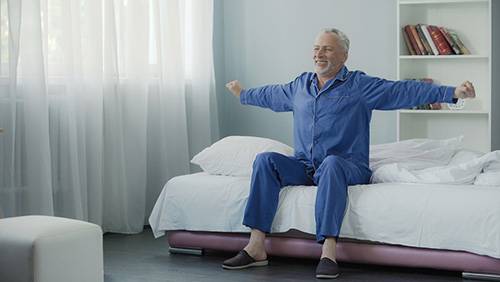
• Stay Active
Stay as active as possible, both mentally and physically. Engage in healthy exercise which can be facilitated through local medical facilities, go for walks, and enjoy challenges that keep you thinking- such as reading and various word games.
• Watch Diet
Avoid having too much caffeine and enjoying it later in the day. Also avoid overindulging with alcohol. Try to avoid too much refined sugars and carbs as well, which can cause inflammatory responses.
• Speak With a Doctor About Medications
Many medications cause insomnia or could be creating restlessness. Address these concerns with a doctor to see if an alternative can be prescribed, or if there is something to help offset the issue.
Conclusion
Although it is natural to see various sleep disruptions as one ages, it should not be so severe it begins to affect the rest of your life or health. There are healthy and proactive ways to address the problems with getting a restful night’s sleep, and you need to make sure you address any underlying issues you feel may exist- medically, physically, and emotionally.
Photo credit: YAKOBCHUK VIACHESLAVMilkos/Shutterstock;
Monkey Business Images/Shutterstock; Patrizia Tilly/Shutterstock;
wavebreakmedia/Shutterstock; Motortion Films/Shutterstock;
Chinnapong/Shutterstock;Dragon Images/Shutterstock; UfaBizPhoto/Shutterstock;
JPC-PROD/Shutterstock; RasaSopittakamol/Shutterstock;
1st footage/Shutterstock; fizkes/Shutterstock
